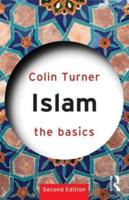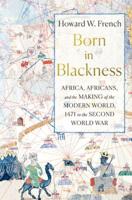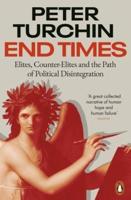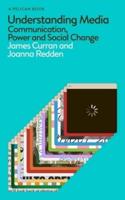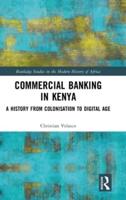Publisher's Synopsis
To be a Muslim is to be a part of a culture with distinct beliefs, ideas, institutional forms and prescriptive roles. Yet there is a complex inter-relationship between a system of knowledge and belief, such as Islam, and the immediate political, economic and social context of its adherents. This book aims to improve understanding of Muslim social and political action by examining a broad spectrum of Muslim discourse, both written and spoken, to see how meaning is formed by context. It is a broad comparative study and examines discourses produced in opposition to government as well as those produced, in Iran or Pakistan for example, under an authoritarian Islamic state. Through cogent analyses of socio-historical contexts and textual materials from East Java, Nigeria, Iran, Pakistan, Indonesia, Malaysia, the Maghreb and Egypt, this book shows how to 'read' a familiar Islamic movement, period of change or textual source in a newer and better light.
First published in 1987.


